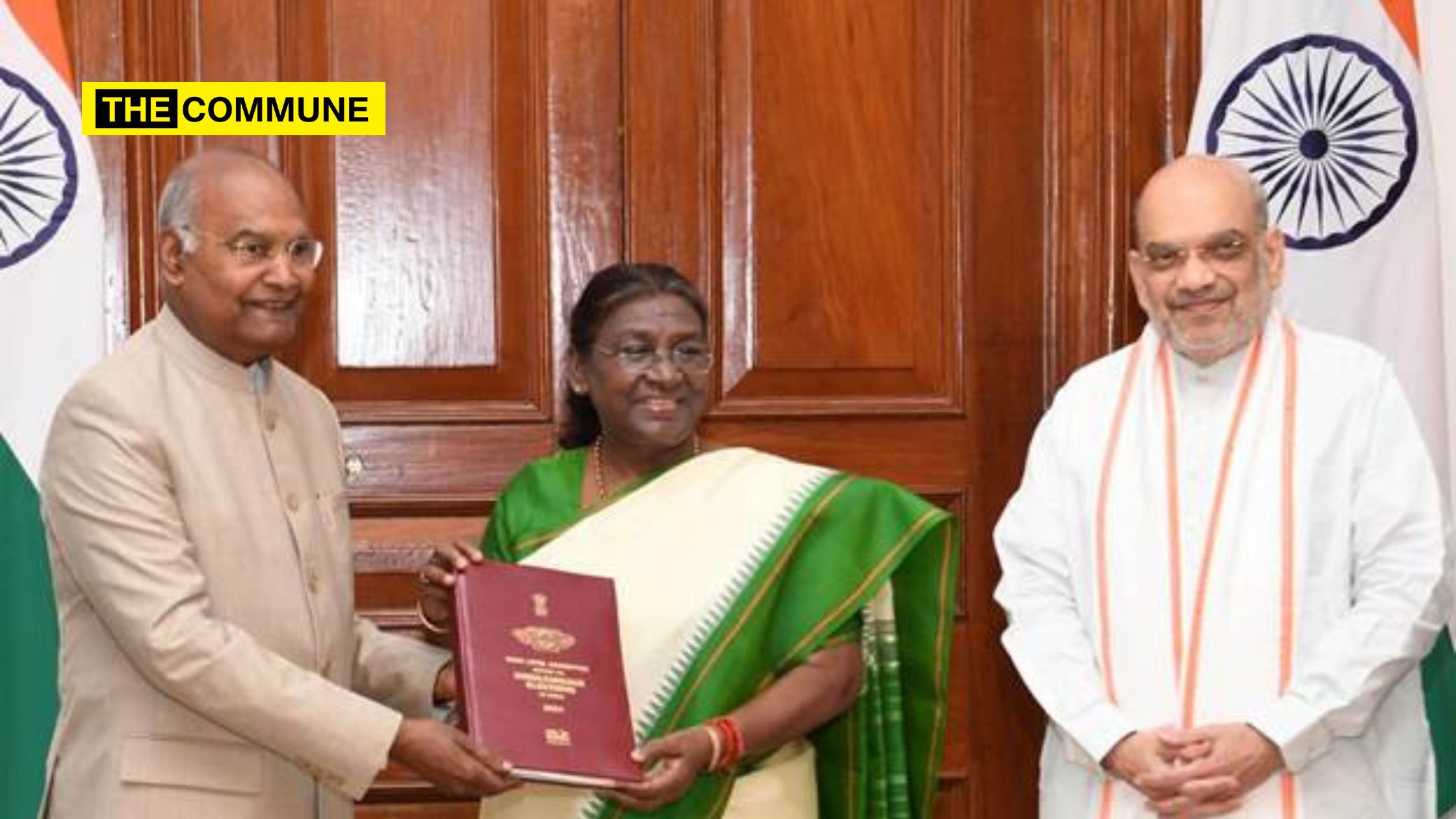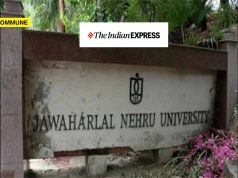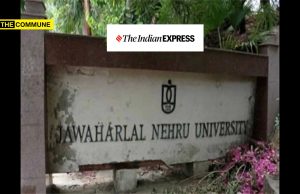
The High-Level Committee on Simultaneous Elections, chaired by former President of India, Ram Nath Kovind, has submitted its comprehensive report to the President of India, Droupadi Murmu. This exhaustive 18,626-page report was the result of extensive consultations spanning 191 days since its inception on 2 September 2023, involving various stakeholders, experts, and thorough research.
The committee engaged in extensive dialogues to gather perspectives from diverse stakeholders. Forty-seven political parties provided their insights, with thirty-two expressing support for simultaneous elections. Public engagement, solicited through newspaper notices across all states and Union territories, garnered 21,558 responses, with 80% advocating for simultaneous elections. Legal experts, including former Chief Justices of India and major High Courts, former Chief Election Commissioners, State Election Commissioners, and the Law Commission of India, were consulted. The Election Commission of India’s views were also considered.
Leading business bodies such as CII, FICCI, and ASSOCHAM, along with prominent economists, stressed the economic benefits of simultaneous elections, citing adverse effects of asynchronous elections on inflation and economic growth. They highlighted how intermittent elections disrupt various sectors, including public expenditure, education, and social harmony.
Recommendations Proposed By High-Level Committee
The following are the recommendations proposed by the High-Level Committee to the President Draupadi Murmu.
Constitutional Amendments For Simultaneous Elections
In a two-step process, the Committee suggests amending the Constitution to enable Simultaneous Elections: Initially, Simultaneous Elections for the House of the People and State Legislative Assemblies would be conducted without requiring state ratification for the Constitutional Amendment. Subsequently, Municipalities and Panchayats elections would be synchronized with national and state-level elections, ensuring they occur within a hundred days. This step would necessitate ratification by at least half of the States.
Unified Electoral Roll & EPIC
Amendments in the Constitution are recommended to authorize the Election Commission of India to prepare a unified electoral roll and Electoral Photo Identity Cards (EPIC) for all three tiers of government. This process would involve consultation with State Election Commissions and require ratification by at least half of the States.
Contingencies In Case Of A Hung House
In situations such as a hung House or a vote of no confidence, the Committee proposes holding fresh elections to constitute the new House of the People or State Legislative Assembly for the remaining term.
Logistical Planning By Election Commission
The Committee advises the Election Commission of India to collaborate with State Election Commissions to plan and estimate logistical needs in advance, including the deployment of polling personnel, security forces, and EVMs/VVPATs, to ensure the smooth conduct of free and fair Simultaneous Elections across all three tiers of government.
The report outlines the potential timeline for implementing simultaneous elections in India following the 2024 Lok Sabha polls, with projections suggesting the first synchronized elections could take place as early as 2029 if the incoming government acts promptly. This would entail aligning the expiration of terms for states with impending elections between June 2024 and May 2029 with the conclusion of the 18th Lok Sabha term. Major states such as West Bengal, Tamil Nadu, Punjab, Uttarakhand, Uttar Pradesh, Karnataka, Chhattisgarh, and Telangana would conclude their terms alongside the 18th Lok Sabha to achieve synchronicity.
As the committee refrains from recommending a specific start date for implementing simultaneous elections, instead proposing a flexible formula for the incoming government to decide based on their objectives. To mitigate potential disruptions to synchronicity due to premature dissolution of Parliament or state assemblies, the committee suggests conducting fresh elections only for the remaining term until the subsequent cycle of simultaneous polls.
(with inputs from PIB)
Subscribe to our channels on Telegram, WhatsApp, and Instagram and get the best stories of the day delivered to you personally.




